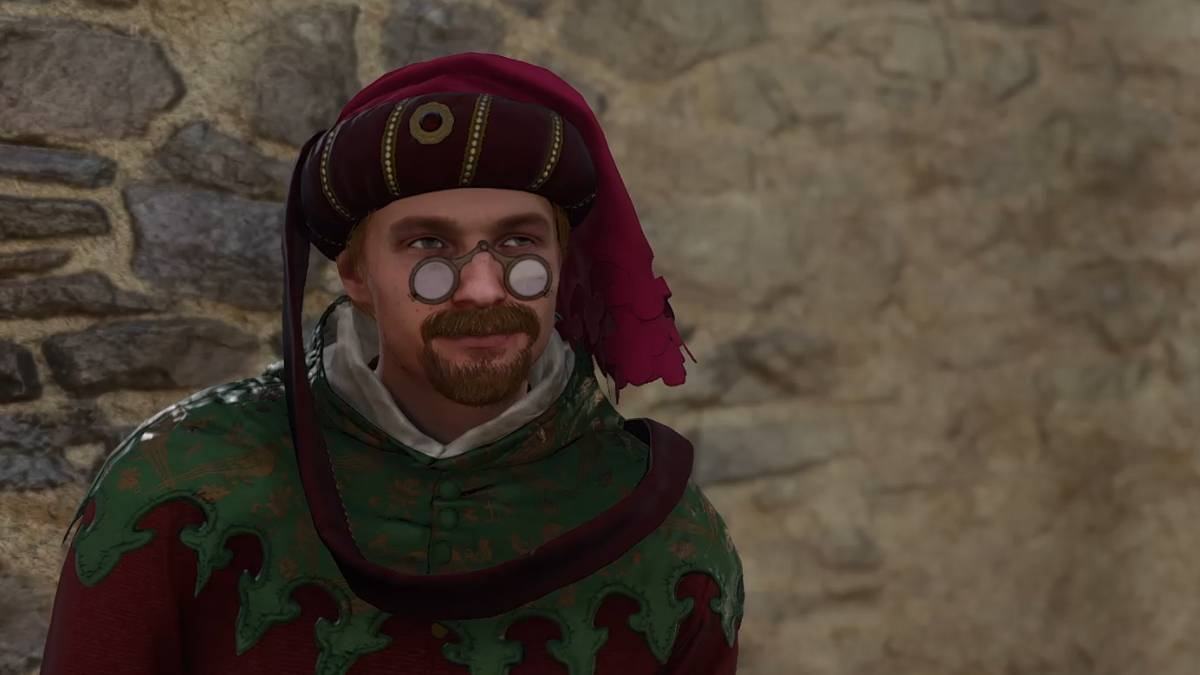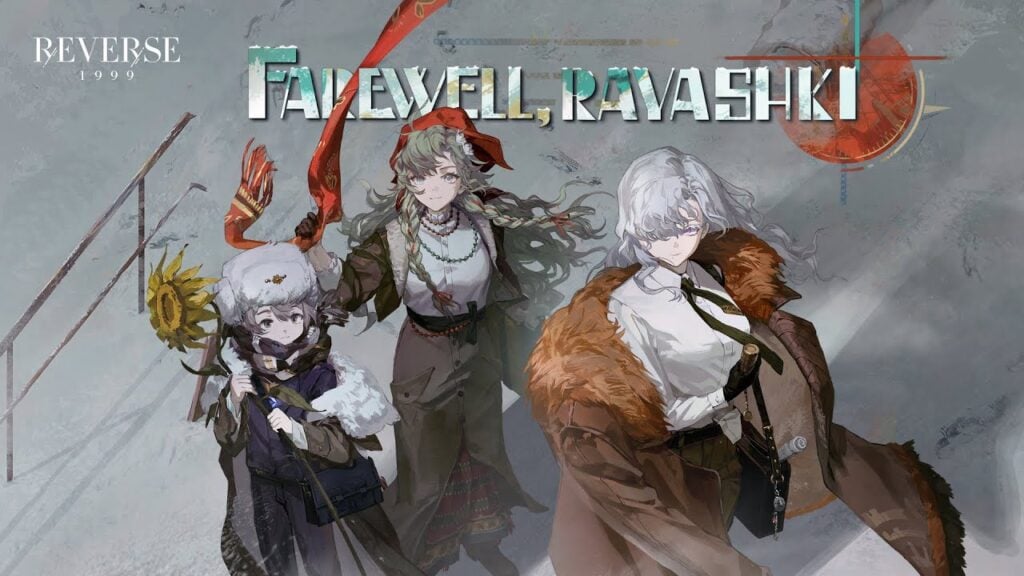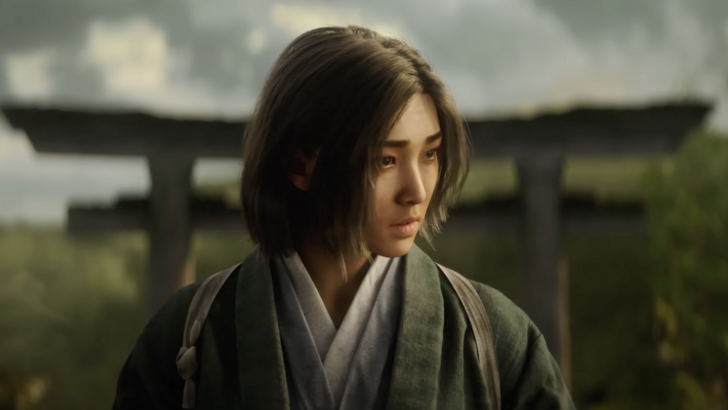
Following a string of underperforming releases and setbacks, Ubisoft faces pressure from a minority investor, Aj Investment, demanding a complete management overhaul and significant staff reductions.
Ubisoft's Strategic Shortcomings Under Scrutiny
Aj Investment Calls for Restructuring and Leadership Change
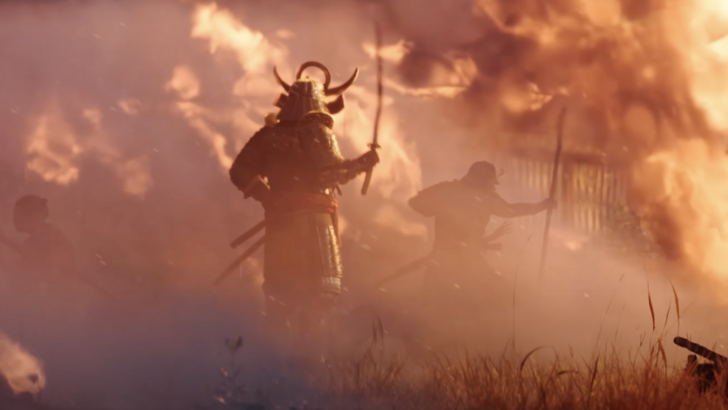
In a strongly worded open letter, Aj Investment, a significant minority shareholder, expressed profound dissatisfaction with Ubisoft's performance and strategic direction. The investor cited the delayed release of key titles (Rainbow Six Siege and The Division, pushed to late March 2025), a lowered Q2 2024 revenue forecast, and overall poor performance as major concerns. This, they argue, highlights the current management's inability to deliver long-term shareholder value. Aj Investment explicitly proposed replacing CEO Yves Guillemot, advocating for a new CEO to optimize costs and studio structure for enhanced agility and competitiveness.
The letter's release coincided with a significant drop in Ubisoft's share price, reportedly plummeting over 50% in the past year (Wall Street Journal). Ubisoft offered no immediate comment on the investor's demands.
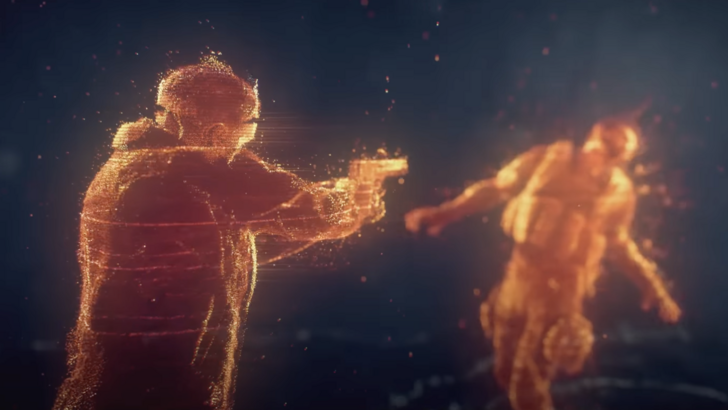
Aj Investment directly criticized Ubisoft's management, stating that its current focus on short-term quarterly results, rather than a long-term strategic vision focused on delivering exceptional gaming experiences, is the primary reason for its undervaluation compared to competitors. The investor also pointed to the cancellation of the anticipated Division Heartland and the underwhelming reception of Skull and Bones and Prince of Persia: The Lost Crown as further evidence of mismanagement.
The underperformance of Star Wars Outlaws, a title Ubisoft heavily relied on to revitalize its fortunes, further fueled the investor's concerns, contributing to the company's share price reaching its lowest point since 2015.
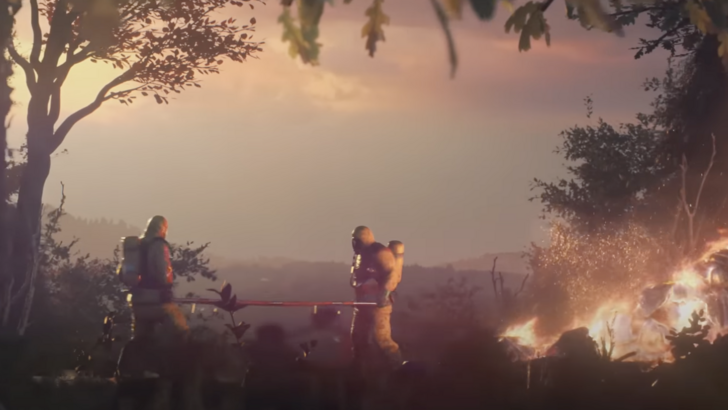
Aj Investment's Juraj Krupa also advocated for substantial workforce reductions, citing the significantly higher revenue and profitability of competitors like Electronic Arts, Take-Two Interactive, and Activision Blizzard, despite employing fewer staff. Ubisoft's 17,000+ employee count, compared to EA's 11,000, Take-Two's 7,500, and Activision Blizzard's 9,500, was highlighted as evidence of inefficiency. Krupa urged aggressive cost-cutting measures and staff optimization, suggesting the sale of studios not crucial to the development of core IPs. He noted that Ubisoft's extensive network of over 30 studios is unsustainable in its current form. While acknowledging previous layoffs (approximately 10% of the workforce), Krupa asserted that these measures were insufficient to ensure long-term competitiveness.

 Latest Downloads
Latest Downloads
 Downlaod
Downlaod



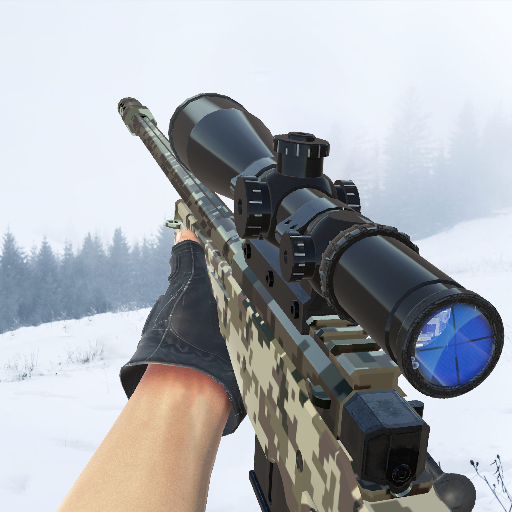
 Top News
Top News
